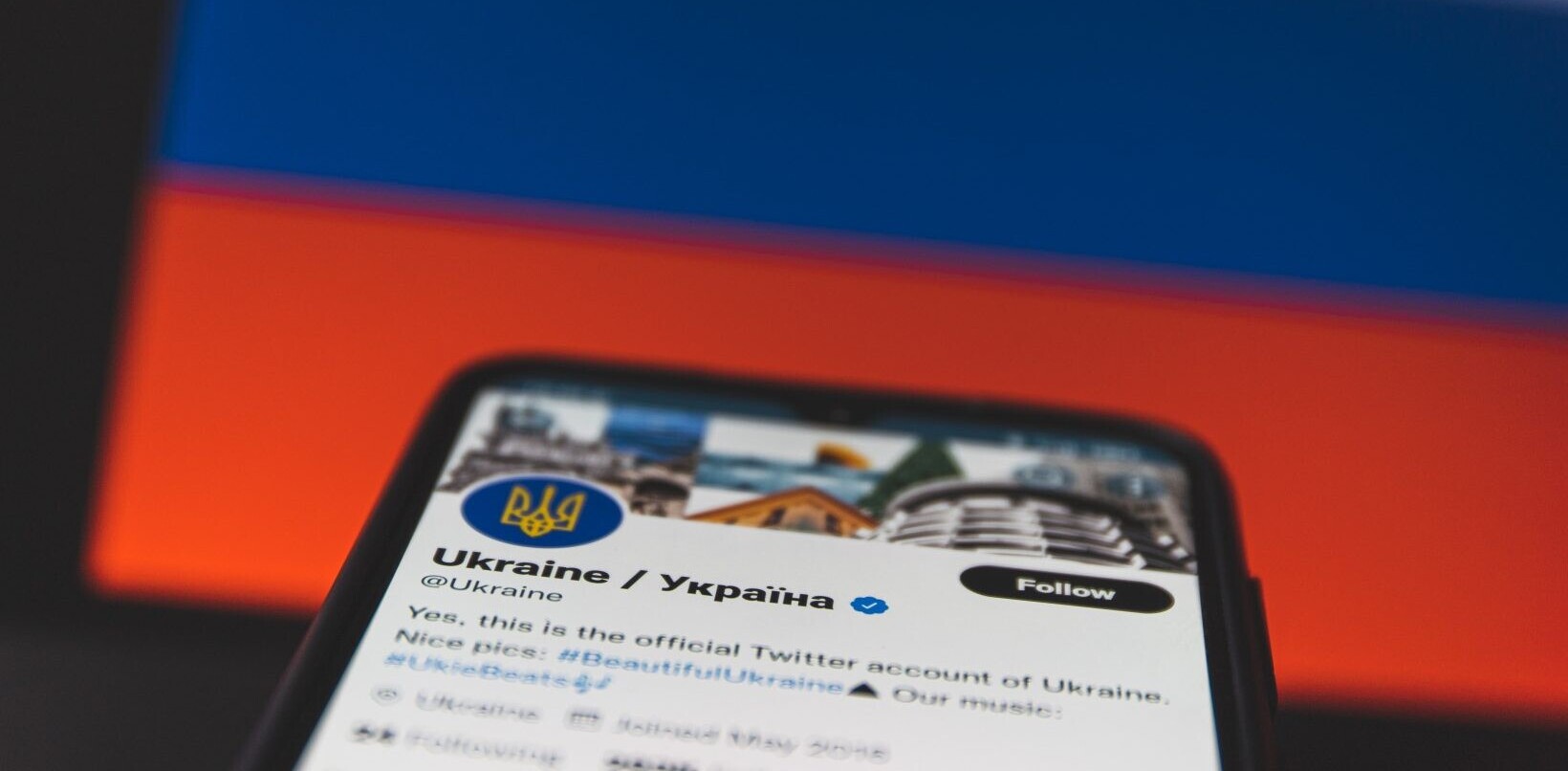
People living in developing nations are among the fastest growing adopters of technology today.
Pew Research estimates that technology use in some emerging markets has grown by double digits over the last two years, with Millennials ages 18 to 34 the demographic most likely to use the internet and own a smartphone. But understanding why and how people use technology in their daily lives is a complex undertaking, with variables as vast as there are cultures, trends and devices.
In recent years, Facebook researchers have uncovered a near universal frustration among app users and developers worldwide and set out on a year-long journey to solve it: irritation about creating yet another unique username and password. While the sign-up step is a necessary and unavoidable means to an end for many apps, it can also be a barrier to engagement – and a gatekeeper for a business’ success.
In 2015, a multidisciplinary team of Facebook researchers, designers and engineers set out to investigate ways to improve the login process. We selected India, Germany and Brazil as our target geographies to provide a diverse cross section of international perspectives, and we dedicated several weeks per region over the course of months to speak with hundreds of developers and people using the product.
We’ve outlined key findings from our research, discoveries we hope will help guide other companies similarly interested in attracting the new global audiences just now coming online:
- Reducing the need for a new password in a secure way is key to engagement.
- Attention to design and customization matters no matter the screen size or country.
- Mobile is the best way to reach people in emerging markets.
Passwords are a barrier
From the outset, we consistently heard that passwords are a primary barrier to people having a positive digital-first impression with a business and that mobile is the main method of communication in many parts of the world. The more taps someone has to make, the higher the bounce rate. And the best way to boost acquisition is to adopt a login process that’s as frictionless as possible — quick, but also trustworthy.

In fact, the drop-off rate correlates almost exactly with how much information someone is asked to provide.
Explosion of mobile
Phones are today the primary way people communicate. Pew Research has estimated as high as a 40 percent rise in smartphone use in certain emerging markets over the last two years — a startling fact that bore out in the field. Our early conversations with developers revealed that many people coming online don’t even have email, let alone a social media account.
For many, SMS or text messaging dominate email and, in some markets, it is a person’s only form of online communication. German developers seeking to break into new markets like India and South America echoed this finding — mobile is the best and, in some cases, only way to connect with new audiences.
We heard over and over again that creating products that met the needs of international audiences need to be mobile-centric and, if possible, require only a phone number for entry.
Security, customization keys to penetrating new markets
Another huge point of concern was how strongly people worry about security on their mobile devices.

Confidence in the integrity of an app’s login matters and being able to trust in the brand and the security of that login is paramount.
As much as people and developers want to trust in the brand securing their apps, maintaining unique customization is also key. From a design perspective, we found that any third-party product incorporated into an app would need to integrate seamlessly and become fully incorporated in the look and feel of the native app. The right level of customization gave developers a sense of control and established greater trust.
Research findings yield better products
Ultimately, the research helped Facebook lean more heavily into adapting products such as Account Kit to meet the needs of international audiences on mobile. But the process also uncovered new best practices for embarking on international research — and the value of meeting with developers and consumers in their own environment. We held focus groups on boats and in bars, and spent time in bustling cities.
Through it, we discovered that the markets just coming online are waiting to connect — but in ways that are customized to adapt to their needs.
We share these findings with our teams in the hope of building better products that meet the needs of people who use our products — and individuals in more remote parts of the world.
Get the TNW newsletter
Get the most important tech news in your inbox each week.




